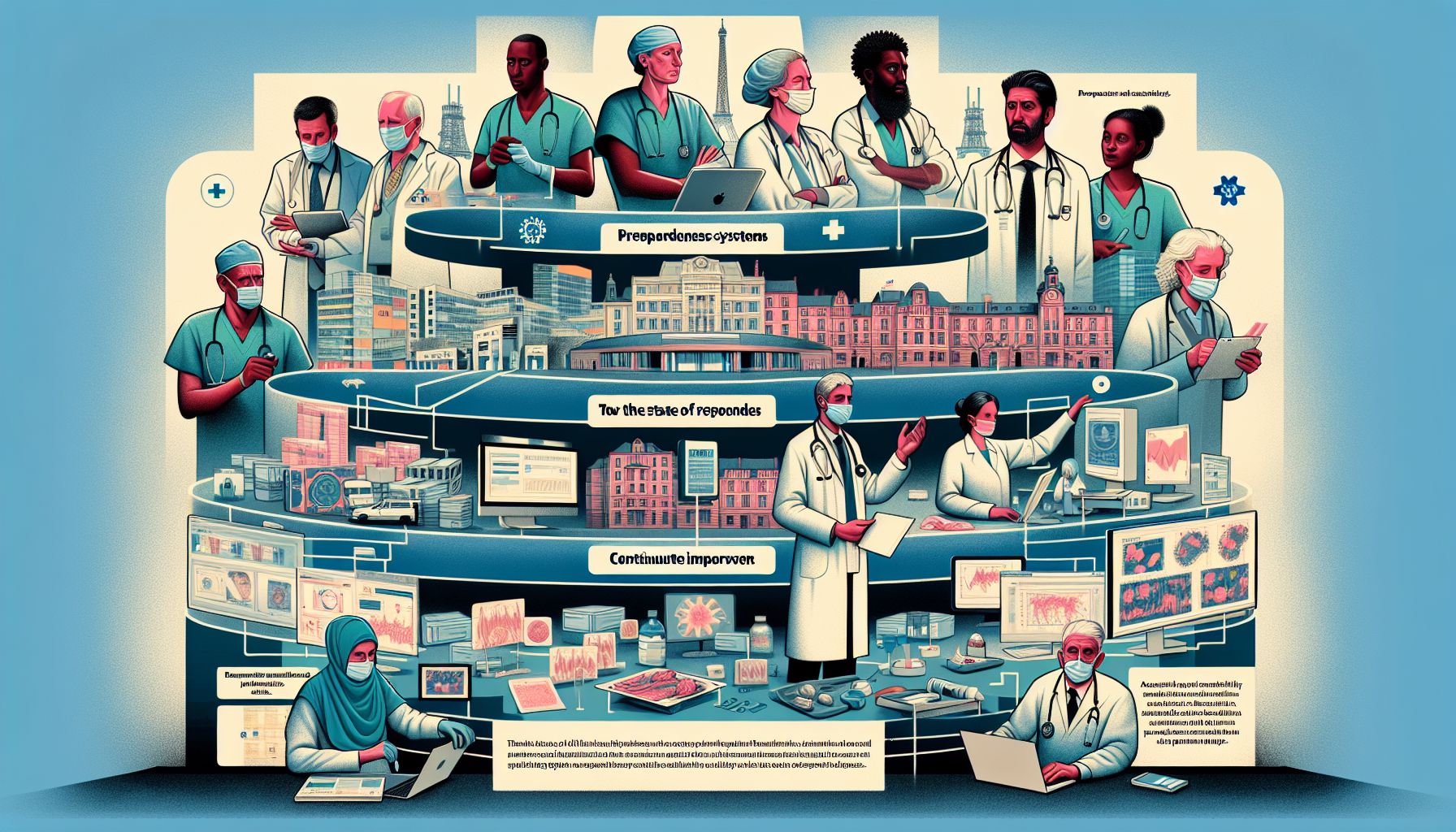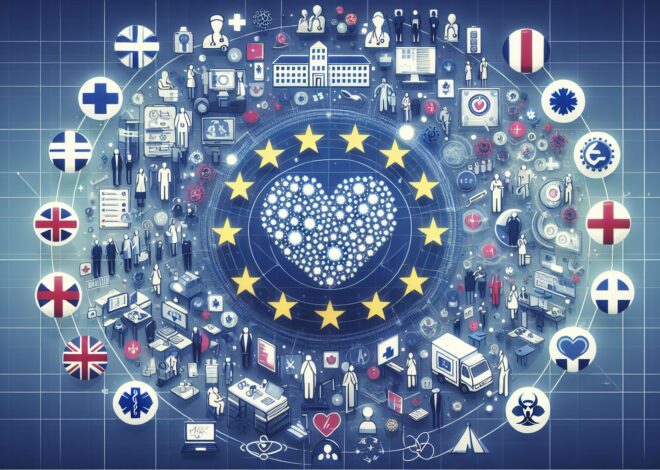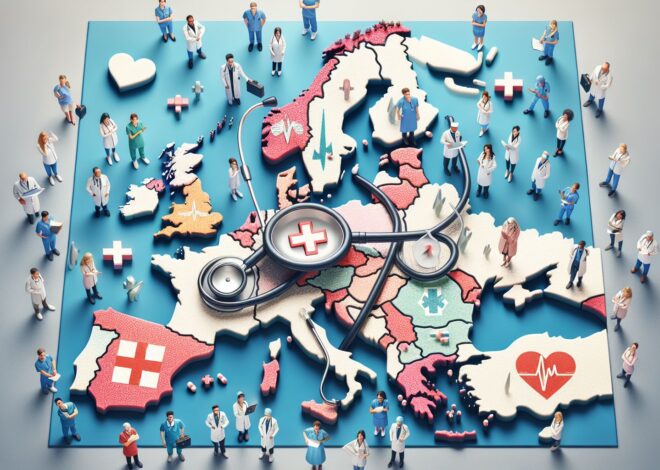
The Preparedness and Response of European Health Systems
As the COVID-19 pandemic continues to impact communities around the world, the preparedness and response of European health systems have come under scrutiny. Health professionals, policymakers, and concerned citizens have all played crucial roles in navigating the challenges posed by this global health crisis.
Preparedness:
European health systems have long been recognized for their high-quality healthcare services. However, the sudden onset of the pandemic has put immense strain on these systems, testing their capacity to respond effectively. Many countries in Europe were faced with shortages of essential medical supplies, such as personal protective equipment (PPE), ventilators, and testing kits. This lack of preparedness highlighted the need for better coordination and planning at both national and regional levels.
Health professionals have been on the frontlines of the pandemic, working tirelessly to treat patients and slow the spread of the virus. Their dedication and commitment have been crucial in mitigating the impact of COVID-19 on communities across Europe. Despite the challenges they faced, healthcare workers have shown incredible resilience and adaptability in the face of adversity.
Response:
In response to the pandemic, European health systems implemented a range of measures to protect public health and ensure the continuity of care. Governments across the region introduced lockdowns, social distancing guidelines, and travel restrictions to limit the spread of the virus. Health authorities also ramped up testing and contact tracing efforts to identify and isolate cases quickly.
Policymakers have been instrumental in supporting healthcare workers and hospitals during this crisis. Financial assistance, regulatory changes, and policy interventions have helped to alleviate some of the burden on the healthcare system. Additionally, collaborations between public and private sectors have enabled the rapid development and distribution of vaccines, which hold the promise of bringing an end to the pandemic.
Concerned Citizens:
As the pandemic continues to evolve, concerned citizens have a vital role to play in supporting the efforts of European health systems. By following public health guidelines, practicing good hygiene, and getting vaccinated, individuals can help protect themselves and others from COVID-19. It is also important for citizens to stay informed about the latest developments and to remain vigilant in the face of emerging variants of the virus.
In conclusion, the preparedness and response of European health systems to the COVID-19 pandemic have been a monumental challenge. Despite the obstacles faced, healthcare professionals, policymakers, and concerned citizens have demonstrated remarkable resilience and solidarity in the fight against the virus. Moving forward, it is crucial that lessons learned from this crisis are used to strengthen healthcare systems and improve readiness for future emergencies. By working together, we can build a more resilient and sustainable health system that is better equipped to respond to the challenges of tomorrow.



